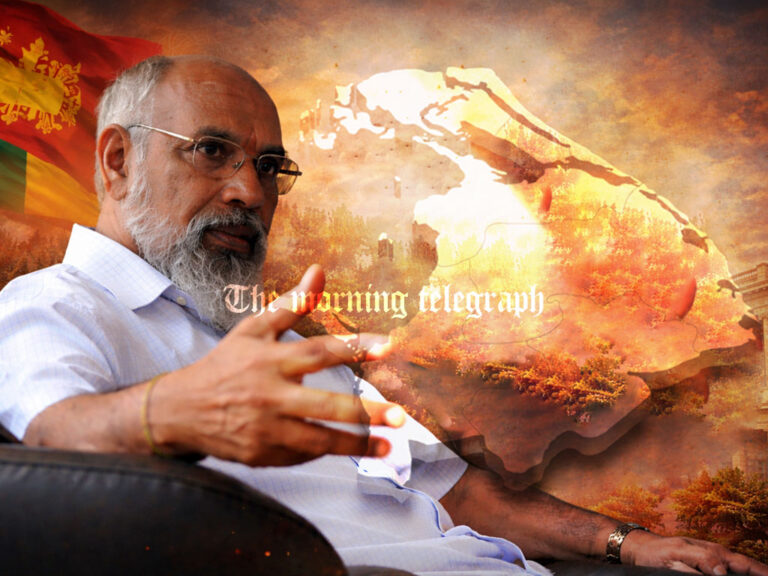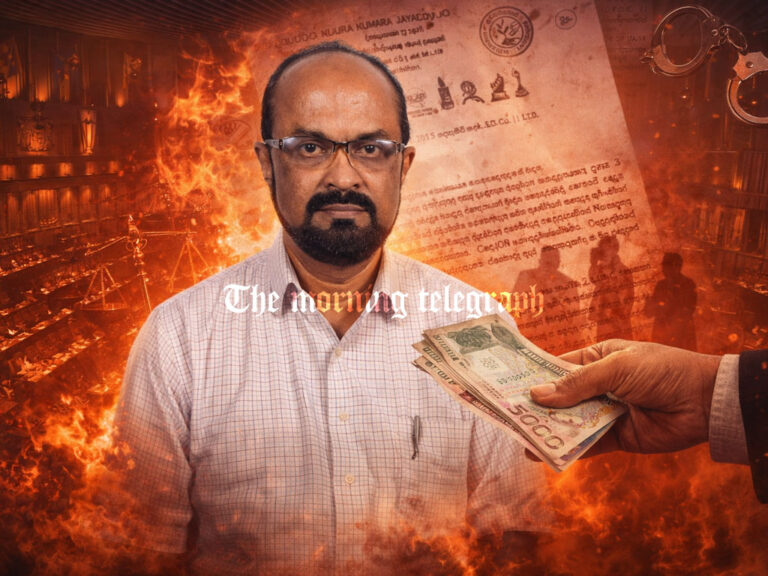
Former Pakistani Prime Minister Imran Khan will remain in jail despite being acquitted in a high-profile marriage case. The Islamabad High Court’s decision to acquit Khan in the case has been overshadowed by his continued detention due to other pending legal matters.
Imran Khan, a prominent political figure and leader of the Pakistan Tehreek-e-Insaf (PTI) party, was arrested earlier this year in connection with allegations of concealing information about his marriage. The case had garnered significant attention, with supporters claiming it was politically motivated.
The Islamabad High Court found insufficient evidence to convict Khan in the marriage case, leading to his acquittal. However, legal experts indicate that Khan’s release is unlikely in the near future due to his involvement in other ongoing investigations and cases.
Khan is currently facing multiple charges, including allegations of corruption, misuse of power, and incitement of violence. These cases, brought against him by various state agencies, have complicated his legal battles and prolonged his time in detention.
Supporters of Khan have expressed frustration over the continued detention, viewing it as part of a broader political vendetta. Protests and rallies demanding his release have taken place across Pakistan, with many calling for judicial fairness and transparency.
Khan’s legal team has vowed to fight the remaining charges, asserting that the cases lack merit and are part of an attempt to undermine his political career. “We are confident that justice will prevail, and Imran Khan will be cleared of all charges,” said one of his lawyers.
Despite the acquittal, the political climate in Pakistan remains tense. Khan’s detention continues to be a focal point of political discourse, with implications for the country’s upcoming elections. His party, PTI, remains a significant force in Pakistani politics, and Khan’s legal battles are closely watched by both supporters and critics.
As the legal proceedings continue, the international community remains attentive to developments in Pakistan, emphasizing the importance of due process and the rule of law in resolving the high-stakes political and legal saga.




